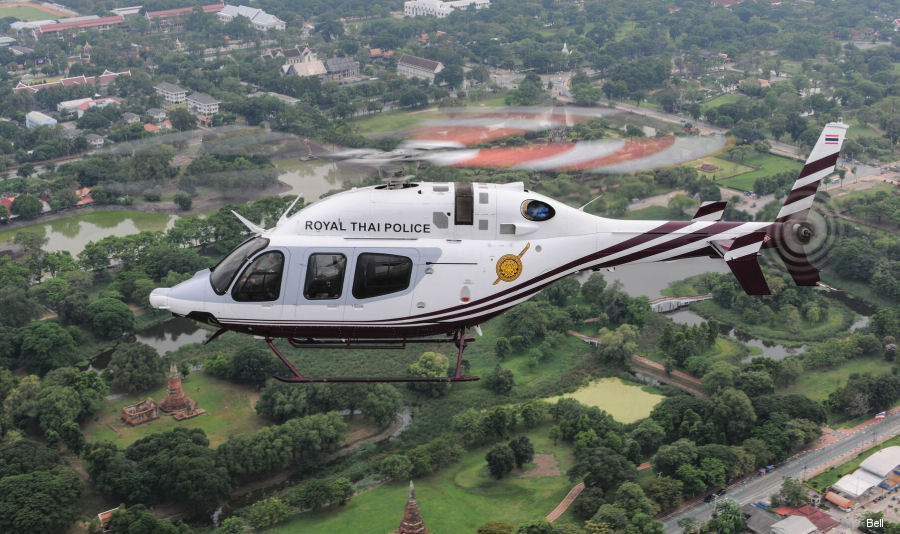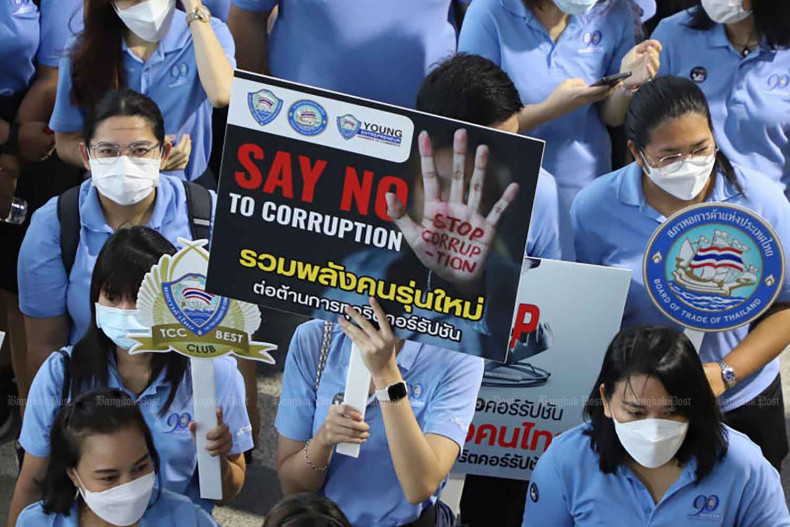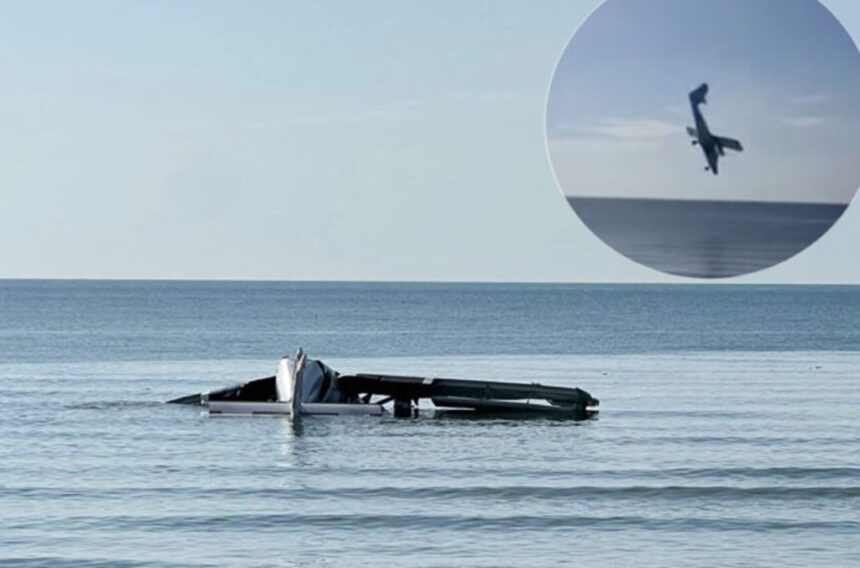BANGKOK – Mana Nimitmongkol, who leads the Anti-Corruption Organisation of Thailand (ACT), has blamed widespread corruption for two recent Royal Thai Police aircraft crashes that killed nine officers.
According to Mana, poor maintenance linked to corruption, not human mistakes, caused the crashes. He referred to two separate incidents earlier this year. The first crash took place on 25 April, when a DHC-6-400 aircraft operated by the Royal Thai Police (RTP) went down in the sea near Cha-am district in Phetchaburi.
Six officers lost their lives. Around a month later, a Bell-212 helicopter from the Kanchanaburi Police Aviation Unit crashed in Muang district, Prachuap Khiri Khan, resulting in three more deaths.
Mana pointed to a leaked chat from the Line app, where a police pilot said the aircraft were “absolutely not fit to fly”.
Currently, the Royal Thai Police operates a fleet of 82 aircraft, with more than half over 25 years old. Some Bell-212 helicopters have been in service for over 50 years. According to several RTP pilots, just 10 of these aircraft are safe to use, Mana said.

Even though the aircraft are ageing, the annual maintenance budget has stayed at 950 million baht. This funding falls short of what is needed for necessary repairs and upgrades. Mana suggested the budget is intentionally kept under one billion baht to avoid cabinet review and extra questions.
Mana also raised concerns about how RTP aircraft maintenance is handled. He said the process lacks transparency. The fleet is mainly serviced by RTP’s team and Thai Airways, which charges about 142 million baht each year.
But Thai Airways technicians can only handle a small portion of the maintenance. As a result, about 90 per cent of the work goes to outside companies, which are often picked through secretive methods controlled by senior police, according to Mana.
He said kickbacks are common at every stage, leading to high repair bills and overpriced spare parts. Because the maintenance budget hasn’t changed for years, many grounded aircraft are stripped for parts to keep others running.
Mana described this as a “corruption chain” that puts the interests of several agencies ahead of crew safety. He called for a full review of how maintenance is carried out, saying unchecked corruption has cost lives.

According to Transparency.org, corruption within Thailand’s police force remains a significant issue in 2025, with systemic challenges rooted in low pay, a culture of patronage, and inadequate enforcement of anti-corruption laws.
Despite government efforts to address the problem, including high-profile arrests and reform initiatives, police corruption continues to undermine public trust and impact sectors like tourism and human trafficking prevention.
Surveys indicate that nearly 80% of Thais perceive most or all police officers as corrupt, with the police often cited as the most corrupt institution in the country. Bribery, extortion, and conflicts of interest are widespread, particularly in tourist-heavy areas like Bangkok, Phuket, and Pattaya.
Corruption in the police force hinders efforts to combat human trafficking, with officers allegedly accepting bribes to overlook visa violations or trafficking activities. This perpetuates illicit syndicates and undermines victim support.














